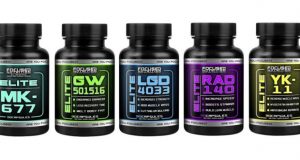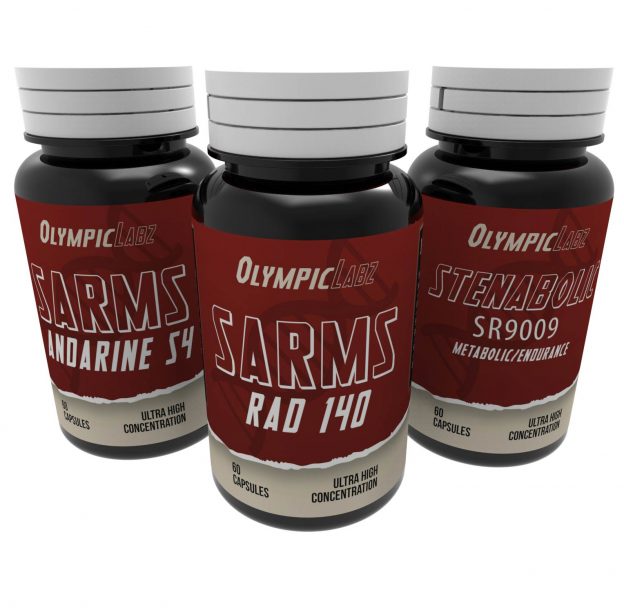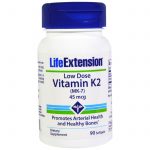The CRN (Council for Responsible Nutrition) which is a group that lobbies and represents the Sports Nutrition and dietary supplement industry would like to be able to give the DEA (Drug Enforcement Administration) the power to be able to prevent the sale of SARMs (selective androgen receptor modulators) being sold in the guise of dietary and nutritional supplements. The council for responsible nutrition hopes that by taking a proactive stance, it will show that the industry’s commitment to the elimination of illegal drugs disguised as supplementations for sale is being taken seriously.
The chief executive officer of the CRM, Steven Mister, has made his concerns about the epidemic surrounding SARMs clear. These concerns were shared at the natural products Expo West trade show which took place in March 2018. He stated that the council always tried to remind the supplement industry that this is a problem for everyone. He followed on by stating that the companies who were putting SARMs into the market were not those who are seen as responsible, but it only takes a single adverse event on a serious level. It would be awful if the entire industry were to get a black eye because someone says that they received the SARM from their supplement.

At the end of the day, SARMs are basically the same type of thing as anabolic steroids as they exhibit similar side effects and behaviours as anabolic steroids while acting on the Androgen receptors. However, they have a completely different classification when it comes to the law, where they are not part of the designer anabolic steroid Control Act and the anabolic steroid Control Act come out which makes it a criminal offence to use anabolic steroids. Mister has the belief that introducing new laws that would make SARMs a controlled substance could only be a good thing for the supplement industry. Laws such as these would give the DEA the authority and power to be able to pursue dietary supplement companies who sell SARMs illegally. Mister continued by stating that there needs to be recognition that there is a supply-and-demand solution, with the supply solution being resolved by allowing the DEA to have the authority to go after the supplements at a faster speed, while the demand side could help educate the consumers about the dangers of using these types of products.
It may come as a surprise to many, but SARMs have always been classified as illegal to include in dietary supplements for sale as they fail to meet the outlines of the DSHEA (The Dietary Supplement Health and Education Act). The FDA is the agency in charge of regulating and enforcing the dietary supplement health and Education Act but is notorious for performing an extremely poor job at regulating the entire industry. If the drug enforcement Administration is given the power to become further involved, it will lead to an increase of penalties and of law enforcement actively targeting those who violate the law. The CRN has concerns that unregulated drugs for sale, such as dietary supplements containing SARMs well lead to the DSHEA being dismantled while nailing the final nail into the coffin of the health supplement industry, which is worth billions of dollars. SARMs have no place in the dietary supplement market and have the potential to end the careers all of those athletes who consume such supplements without realizing. The reason that this becomes an issue is that certain drugs tests may test positive for the use of performance enhancing drugs, which is potentially harmful to those who do not realize this.
Source: https://www.nutraingredients-usa.com/Article/2018/03/16/CRN-helps-to-shine-light-on-SARMs-epidemic







